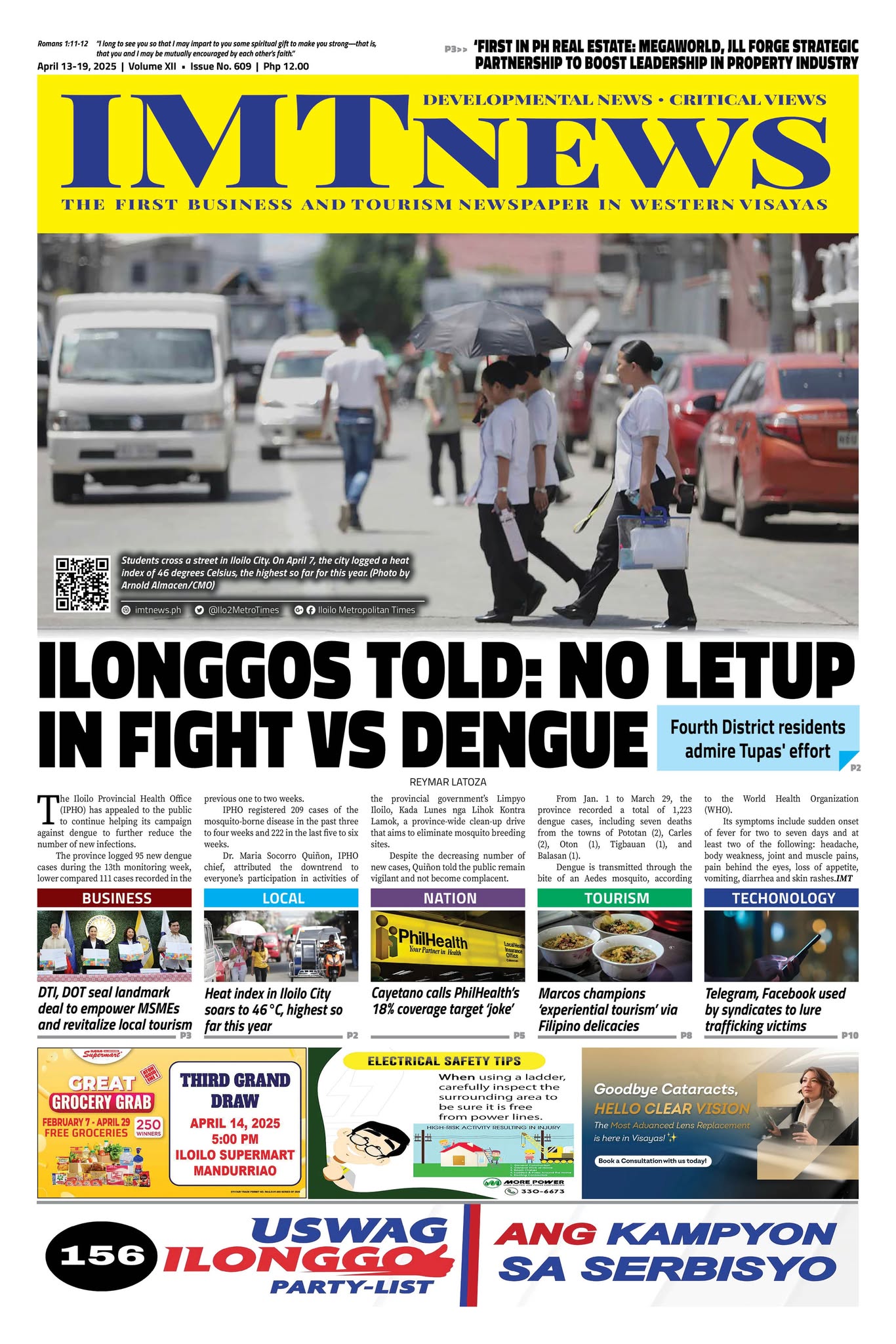The push to adopt alternative work setup is timely to alleviate the plight of the workers in their commute and enhance productivity, Senator Joel Villanueva said.
Villanuava said the worsening traffic, especially with the projected EDSA overhaul this year, makes this shift even more urgent.
“We have been advocating for this since we pushed for the enactment of the Telecommuting Act, as this will benefit both employers and employees in sectors that can operate through remote operation,” the principal author and sponsor of Republic Act No. 11165 or the Telecommuting Act said.
The Telecommuting Act, also known as the “Work-from-Home Law,” provides a framework for remote work arrangements.
It tasks the Department of Labor and Employment (DOLE) to identify and recommend industries, including emerging ones, that can adopt work-from-home setups.
“The Work-from-Home Law, as we call it, puts a system in place so we could open up opportunities to people who need jobs but are constrained from leaving their homes, such as parents who take care of the household, or are in the provinces who cannot relocate and leave their families behind to find work in Metro Manila,” said Villanueva.
A 2018 study by the Japan International Cooperation Agency reported that traffic congestion in Metro Manila costs the Philippine economy P3.5 billion per day, or P1.27 trillion annually. Without intervention, this cost could rise to P5.4 billion per day by 2035.
The senator also urged DOLE to explore alternative work arrangements that foster work-life balance, improve efficiency, and spare employees from the time and financial burdens of traffic.
“Let’s embrace the power of technology to redefine how and where we work. Work from anywhere is now the name of the game, which means finding ways to empower our people to work in ways that boost their productivity, and override geographical boundaries,” Villanueva concluded.IMT







